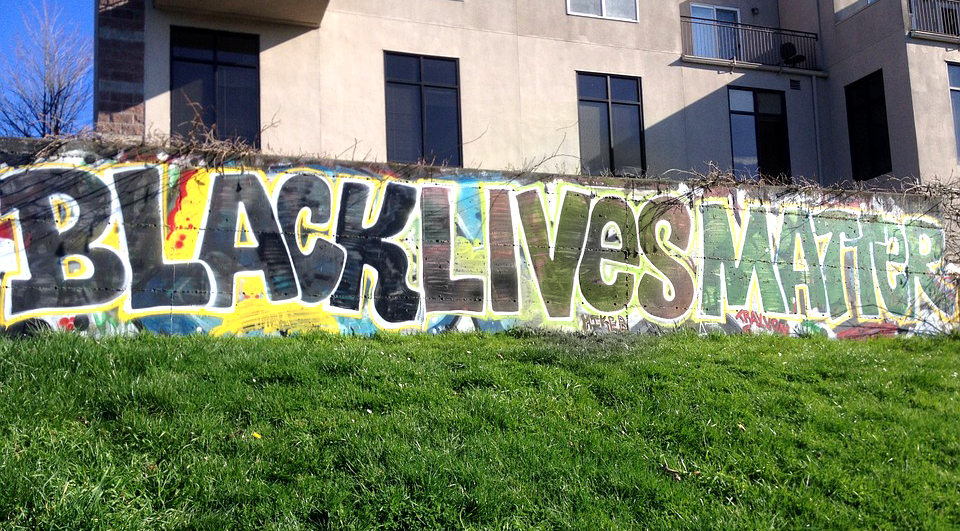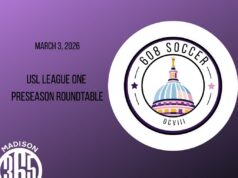If “All Lives Matter,” why is it a problem for you when I say, “Black Lives Matter?”
Don’t you get that’s why I have to say it?
Because the mere mention of my life bothers you. And why is that? Do you think I’m saying it for no reason? Like I got all the time in the world and I’m gonna choose to spend it talking about black lives just because?
“Hello .… McFly!” I ain’t got time for that. We’re dying in the streets, in the back of police cars, being locked up at a rate of 11:1, being beaten at the pool, on the lawn, at the mall. We fill the jails. And this ain’t for play. I got plenty reason. And your issue with this is that I say “Black” instead of “All?”
C’mon, now.

There is nothing wrong with supporting all lives. There is something contradictory about squelching the exclamation of Black Lives under the guise of “All Lives.” If you say that “All Lives Matter” and then I say that Black Lives Matter (effectively agreeing with you), the statements are sequential. The theory goes that since all lives matter and so Black Lives must matter. But that is not the reality that we live and the “All Lives Matter” that I hear is usually to contrast our “Black Lives Matter.”
You’re “but, ALL Lives Matter” suggests that I shouldn’t cry out in the very real pain that I feel – the hurt, the disgust, the anger – “Black Lives Matter!” Tell me, how can All Lives Matter when I can’t even say, “Black Lives Matter” without you trying to silence me?
This article was inspired by a conversation that I had recently with a good friend of mine who was frustrated from having to defend herself every time she said that “Black Lives Matter.” The presence of that struggle is a testament to the need for that struggle and the insidious disease we are fighting.
I want you to know that no matter what side you’re on here, I got love for you. I need you to know that it’s completely understandable that, given your experiences, you believe what you believe – assuming you’re as “rational” as the rest of us. But we must acknowledge that different experiences lead to different rationales; and intent does not always equal impact.

No one was silly enough to take space at his memorial to exclaim that All Lives Matter. Now, of course, we can argue that our Julius didn’t die from police brutality or at the “hands” of the worst racial disparities in the nation. But common to the Black Lives Matter Movement, there is the very real feeling of loss and despair.
Remember that time you lost someone close to you? Or when your friend lost someone close to them? What good would it have done them to be reminded that All Lives Matter every time they exclaimed that they missed that person – that they wished that person was still alive? I’m hoping that your rational human mind can see that it wouldn’t make any sense – that it would be harmful, hurtful, and traumatic.
So, why do seemingly well-intentioned people feel the need to assert that “All Lives Matter!” when we say that Black Lives Matter? In this talk with my friend, we discovered what I will call the “Noble Cause Paradox.” It’s what happens when two views are “justifiably right” and seemingly opposing for the greater good – making both parties immovable. After all, what’s wrong with advocating for all lives?
I doubt we’ll stone someone for saying that they want everyone to be able to live a happy and peaceful life free of oppression. However, this noble cause is used as a weapon to silence the voices that cry out, “I miss you. I wish it wasn’t this way. Your life matters. Black Lives Matter!” Your well-timed “All Lives Matter” loses its nobility. That silencing – intended or not – is due cause for us to pump up the volume and scream it louder.
BLACK LIVES MATTER!
Wouldn’t you for your loved one?
The paradox continues.










